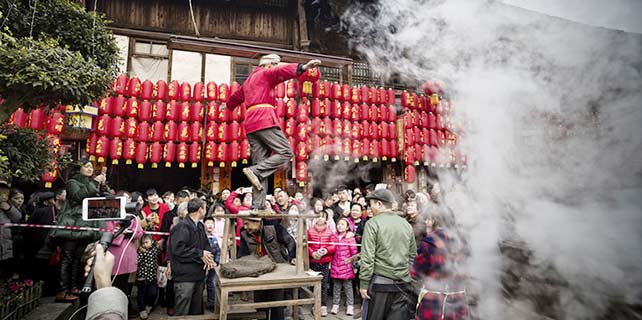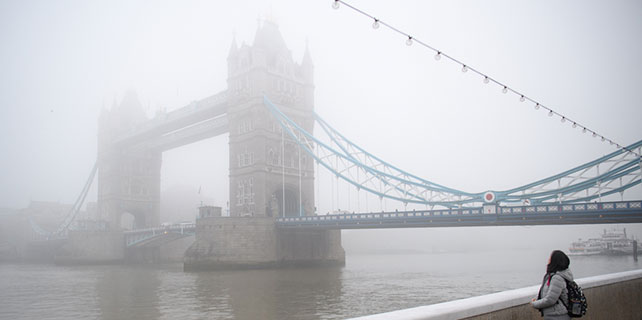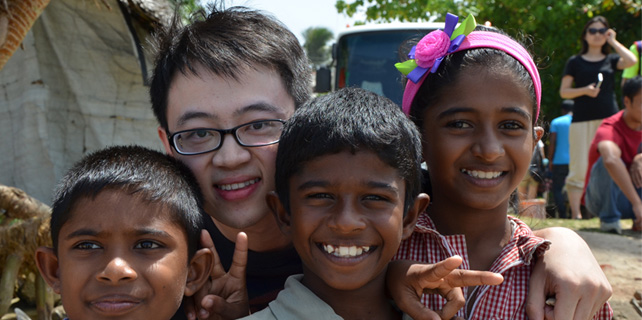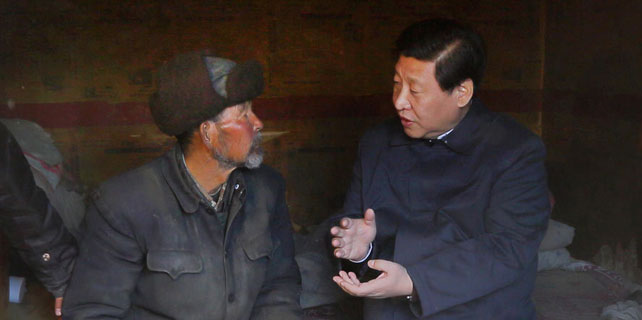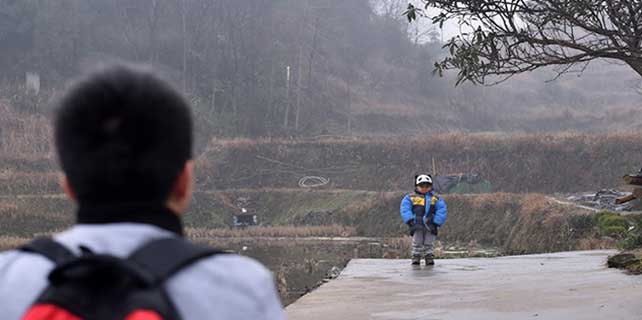Troupe to herald Lunar New Year with Peking Opera
On Saturday, when the first day of the Chinese New Year is celebrated, Jingju Theater Company of Beijing will present a show at the concert hall of the Forbidden City.
Excerpts from traditional Peking Opera pieces, such as Auspicious Dragon and the Phoenix and One Good Turn Deserves Another will be staged along with contemporary works, including Red Detachment of Women and Taking Tiger Mountain by Strategy. They will be presented by Hu Wen'ge, Chi Xiaoqiu and more than a dozen other performers from the theater company that was founded in 1979.
On Sunday, the company will present another show along with other Peking Opera troupes from Tianjin and Hebei province, featuring veterans like Tan Xiaozeng and Wang Rongrong.
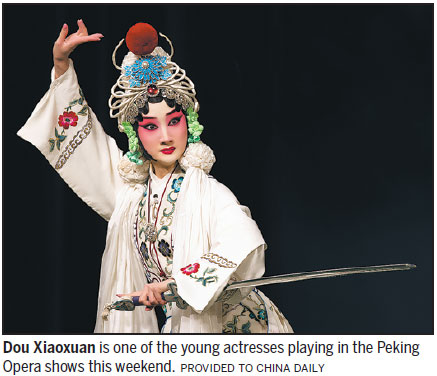
Peking Opera has a history of more than 200 years and was declared a world intangible cultural heritage by UNESCO in 2010.
The Jingju troupe has successfully held shows on the first day of the Spring Festival at the Forbidden City for the past three years.
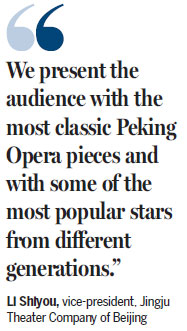
"We present the audience with the most classic Peking Opera pieces and with some of the most popular stars from different generations," says Li Shiyou, vice-president of Jingju Theater Company of Beijing.
Shang Huimin, 69, a granddaughter of the late Peking Opera master Shang Xiaoyun, will perform on Sunday along with her student Zha Sina. Their programs include Han Ming Fei, which tells the story of Wang Zhaojun, one of the four renowned beauties of China during the Han Dynasty (206 BC-220).
Mei Lanfang, Cheng Yanqiu, Xun Huisheng and Shang Xiaoyun are considered the top four Peking Opera masters. They're known for their nan dan (males playing female roles) performances around a century ago. They also created four major performing styles named after them. Shang Huimin is an inheritor of her grandfather's Shang style.
"In addition to his singing, my grandfather was known for his dancing and acrobatic skills," says Shang Huimin, who now teaches performers of the Jingju troupe. "This is difficult for young students to learn."
In the past few years, there were few students following the Shang style, she adds.
"But since I was invited to give classes at Jingju Theater Company of Beijing last year, I am glad to see that young actors work hard to understand the performing techniques created by my grandfather."
Young Peking Opera practitioners today also use technology to promote the art form, such as streaming their daily practice sessions and communicating with fans on social media.
Dou Xiaoxuan will also perform on Saturday.
The 31-year-old graduate of the National Academy of Chinese Theater Arts has been studying under famous Peking Opera actresses, such as Du Jinfang and Li Weikang.
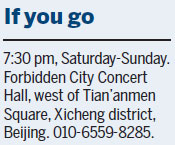
Dou, who has been with Jingju Theater Company of Beijing since 2006, will perform excerpts from The Peony Pavilion, a Kunqu Opera piece written by Ming Dynasty (1368-1644) playwright Tang Xianzu.
"I want to perform differently in this show so I decided to perform Kunqu Opera," says Dou, adding that she is keen to have the audience appreciate the beauty of Kunqu, an even older art form that was once dominant in southern China.
The Jingju troupe is supportive of young actors learning Kunqu Opera because many Peking Opera masters also learned it, she says.
chennan@chinadaily.com.cn
(China Daily 01/26/2017 page20)







